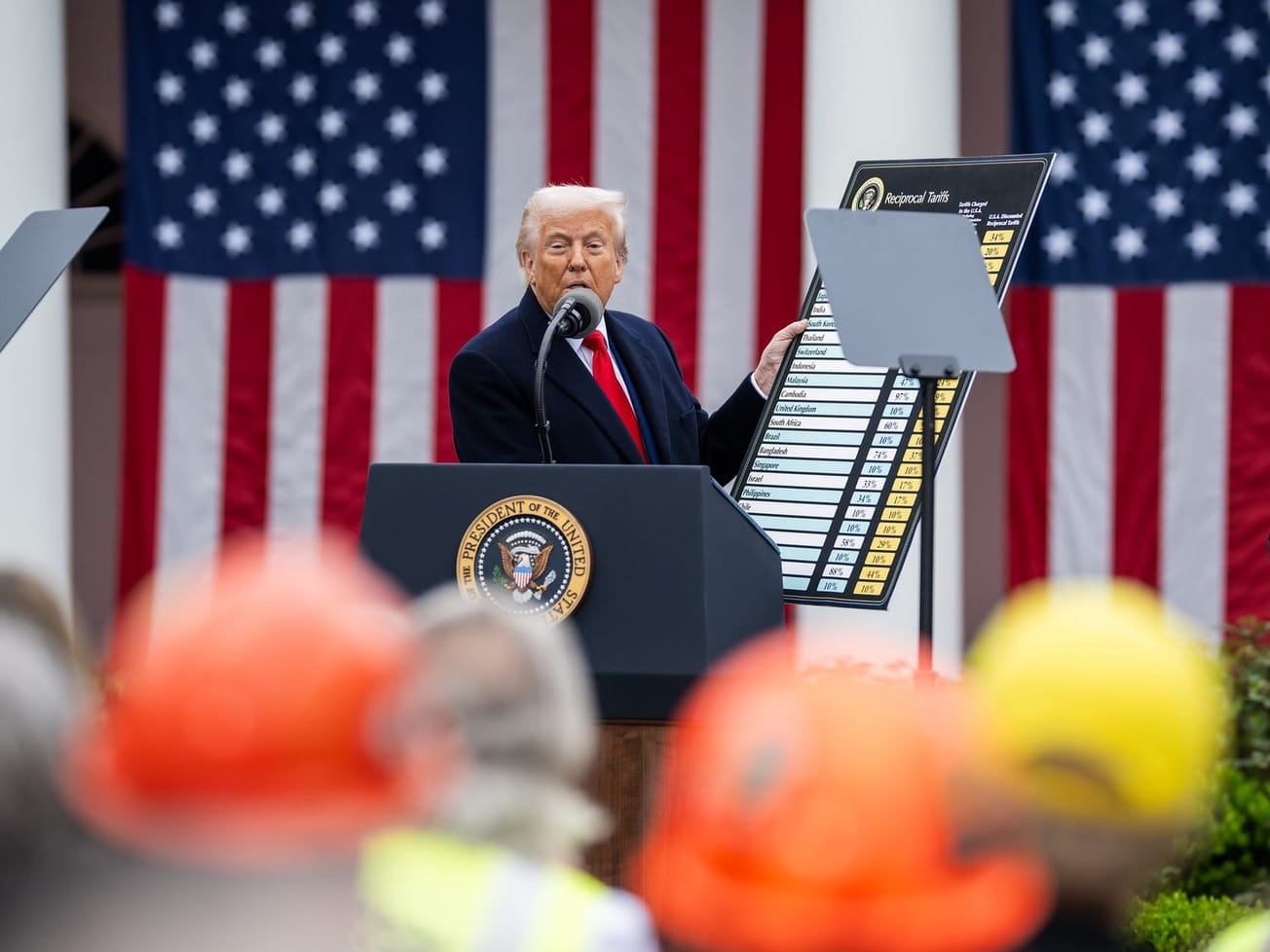When they first conceived the 'Silencing the Guns' initiative, African Union leaders set out with a sky-high ambition for transforming societies: No more war, conflict or gender-based violence, and no more genocide.
That was in 2013. After the COVID-19 pandemic struck in 2020, the 55-nation organization extended the initiative to 2030 to match the timeline for achieving the United Nations' 17 Sustainable Development Goals.









